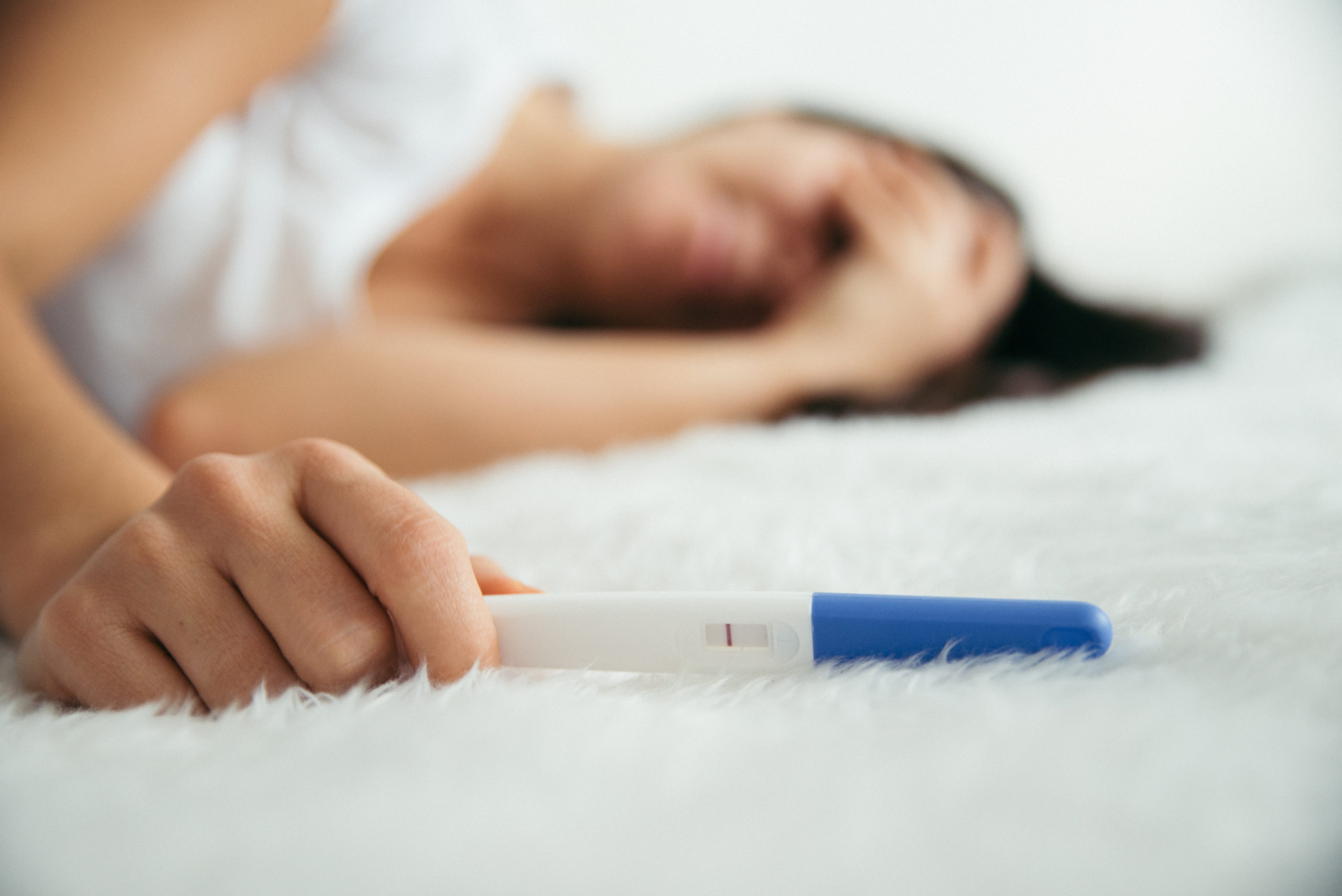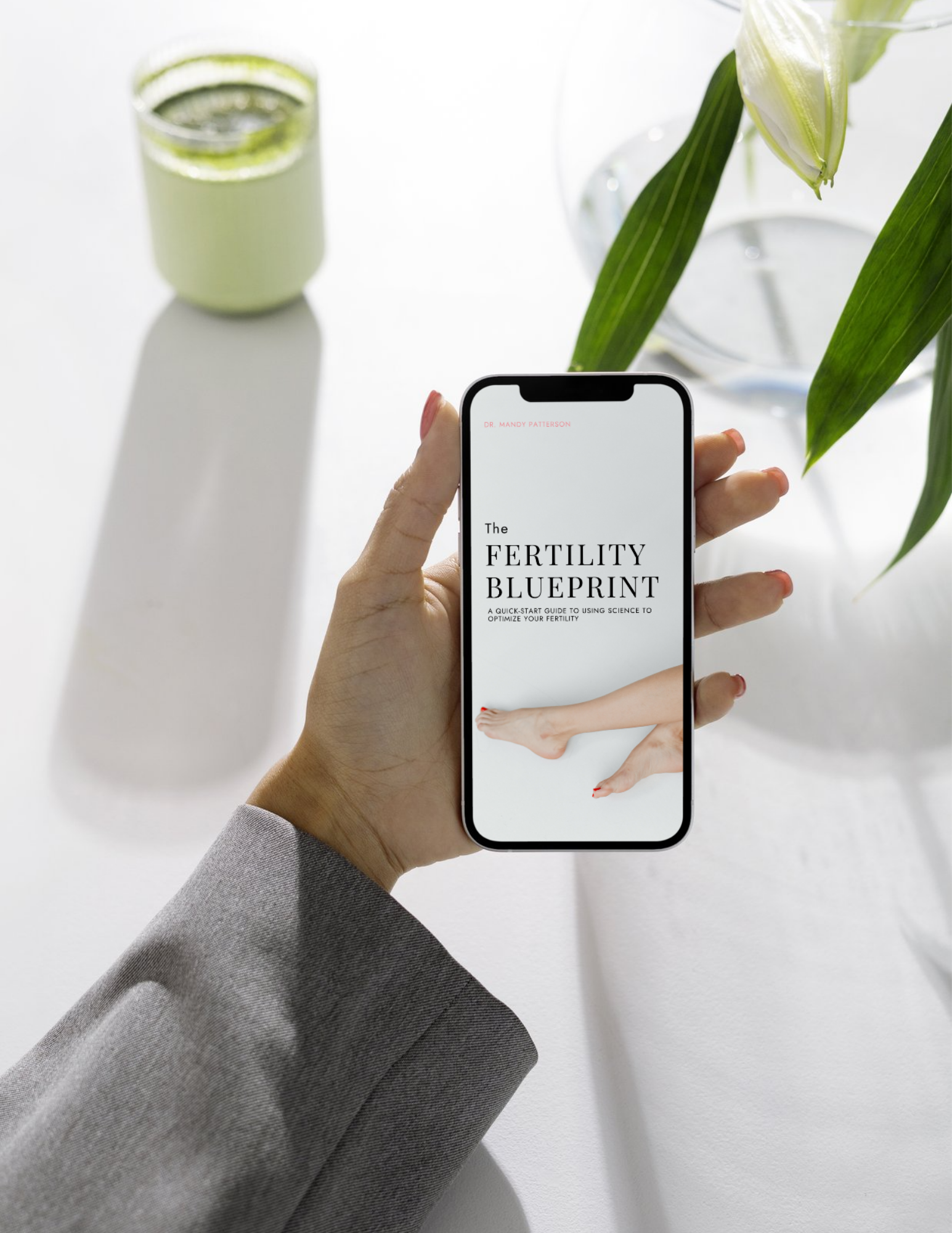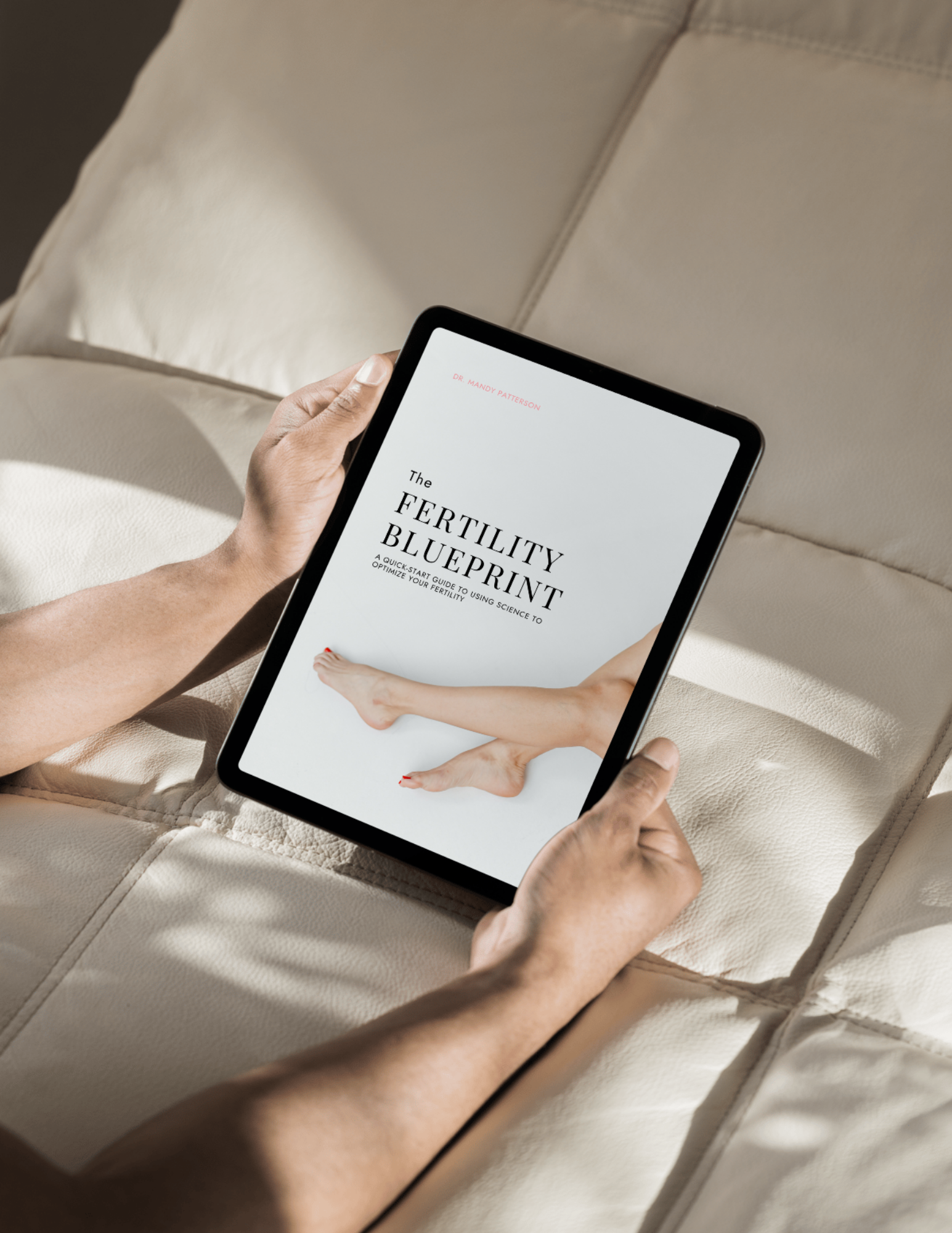Today, I want to talk about infertility and endometriosis. Endometriosis is an inflammatory disease that is very common in women of reproductive age. Many women think that having this disorder adversely affects their chances of conceiving, however, I want to shed more light into the relation between endometriosis and infertility.
I remember when I worked as an occupational therapist telling patients that recovery takes time. Who else goes to the gym, does one day of ab work, and then jokingly looks to their abdomen to see if they suddenly have abs? We can laugh about it, but the idea that we should see results after a short time of putting in the work is something a lot of people feel. Can you relate?
Same goes with endometriosis and infertility – there is no fast and easy solution. Handling endometriosis and infertility (and its treatment) is a long-term process, but the reward is great. In this article, I’m going to talk about a few things:
- Causes and symptoms of endometriosis
- Endometriosis and infertility
- Conventional treatment
- A functional medicine approach to treatment
What is Endometriosis?
It is a condition where endometrial tissue develops outside of the womb, most commonly in the ovaries, fallopian tubes, lining of the abdomen, and on the bowel or bladder.
During your menstrual cycle, endometrium tissue builds up and is shed if you do not become pregnant. When you have endometriosis, endometrium tissue develops outside the uterus. Each month, this misplaced tissue responds to hormonal changes by building up and breaking down just like regular endometrium. However, the result is small bleeding inside the pelvis, which leads to inflammation, swelling, and scarring of the normal tissue surrounding the endometriosis implants.
Causes of Endometriosis
The medical community is still researching the exact causes of endometriosis. Theories on the etiology or origin of the disease vary.
Retrograde menstruation, where menstrual blood that has traveled “backward” up the fallopian tubes and migrated to areas outside the uterus, is one theory. There is also a strong link between endometriosis and an imbalance of the immune system. For example, levels of immune cells in the peritoneal fluid of women with endometriosis are positively correlated with the severity of symptoms, suggesting an autoimmune component.
Diet and lifestyle are also factors linked to endometriosis. Lack of exercise, a diet high in processed foods and sugar, and exposure to synthetic estrogens and hormone disruptors are all culprits. Finally, genetics also play a role. Women with a mother or sister with endometriosis are more likely to develop the disease than those with no family history.
RELATED: SEVEN WAYS LIFESTYLE CHOICES CAN AFFECT YOUR REPRODUCTIVE HEALTH
Symptoms of Endometriosis
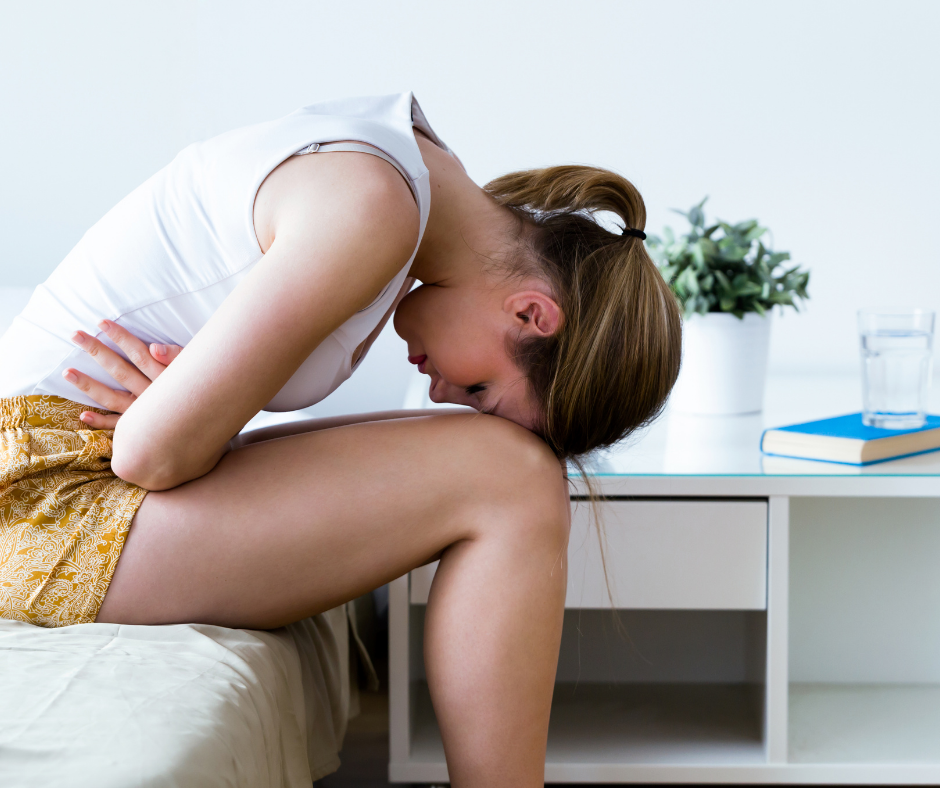
The symptoms of endometriosis can be chronic and debilitating. This can include dysmenorrhea, spotting between periods, bloating, nausea and infertility among others.
The blood produced from the breakdown of endometrial growths has nowhere to go. It becomes trapped in the body and causes swelling, inflammation, and pain. The symptoms of endometriosis can be chronic and debilitating. They include:
- Dysmenorrhea (painful menstruation)
- Heavy or irregular periods
- Spotting or bleeding between periods
- Pain in the lower abdomen, pelvis, or lower back
- Bloating
- Constipation
- Nausea
- Fainting
- Lethargy
- Chronic fatigue
- Dyspareunia (painful intercourse)
- Problems conceiving
- Infertility
Endometriosis and Infertility
According to research and statistics, endometriosis is associated with infertility. However, the mechanism by which it affects fertility is not fully understood. Research on the cause-effect relationship is still ongoing. According to the American Society for Reproductive Medicine, endometriosis is one of three major causes of female infertility but there are a few ways that doctors recommend for the treatment of endometriosis and infertility.
Endometriosis affects between 10-15% of women of reproductive age. The prevalence of endometriosis increases dramatically to as high as 25%–50% in women with infertility and 30–50% of women with endometriosis have infertility. Women with mild endometriosis have been shown to have a significantly lower probability of pregnancy over 3 years than women with unexplained fertility.
Endometriosis is an estrogen dominant condition that causes an imbalance of hormones and proper hormone balance is vital for fertility.
Scar tissue from endometriosis can impair the release of the egg from the ovary and subsequent pickup by the fallopian tube. Additionally, changes in the pelvic environment can result in impaired implantation of the fertilized egg.
Conventional Treatment of Endometriosis
There is no absolute cure for endometriosis so conventional treatment often centers on easing symptoms. Anti-inflammatory pain relief medication is commonly suggested as is hormone treatment. This includes the contraceptive pill and medicines called gonadotrophin-releasing hormone (GnRH) analogues, which are also used to regulate estrogen levels and help to shrink or slow down endometrial tissue growth. Sometimes your doctor may recommend surgery to remove endometrial tissue or affected organs (hysterectomy).
Most women with endometriosis find success with In-vitro fertilization as treatment for infertility.
Functional Medicine Approach to Endometriosis
On the other hand, a functional medicine approach to endometriosis and infertility takes a look at the root cause. For example, endometriosis is characterized by increased inflammation, an imbalanced immune system, and high levels of estrogen activity. With this in mind, targeted lifestyle and diet interventions are used to reduce inflammation and support healthy estrogen metabolism.
Nutrition and Endometriosis
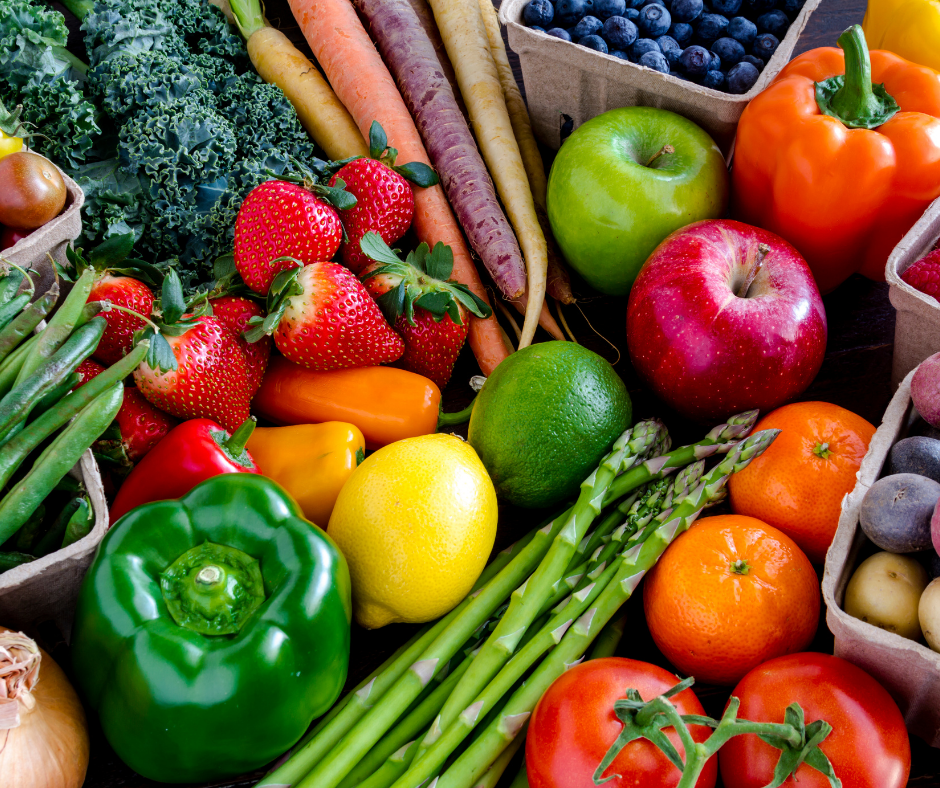
Phytochemicals are compounds that are produced by plants (“phyto” means “plant”). They are found in fruits, vegetables, grains, beans, and other plants. Phytochemicals contain anti-inflammatory properties that can fight endometriosis.
While every individual has unique environmental factors, a good place to start for anyone with endometriosis is to increase anti-inflammatory foods in your diet. Eating a rainbow of fruits and vegetables will ensure you’re consuming enough phytochemicals – plant nutrients that contain anti-inflammatory properties.
Additionally, high insulin levels can increase inflammation. This occurs from the increased activity of the enzyme responsible for converting omega-6 fatty acids into inflammatory by-products. Choosing foods with a low-glycemic index, and healthy protein and fats can help regulate insulin levels.
Lifestyle and Endometriosis
Addressing endometriosis and infertility with a functional medicine approach requires us to look at the individual as a whole. That means addressing all areas where poor health could occur like sleep, movement, and stress.
For example, stress sets up a vicious cycle by increasing cortisol and adrenaline. Over time chronic stress can result in an inability to properly manage inflammation. This can exaggerate your symptoms.
Work With A Holistic Health Coach
Addressing diet and lifestyle changes is easier said than done. Now that you know the causes, symptoms, and treatment of endometriosis consider what options are best for you. If you’re ready to take a whole-person, holistic approach to healing reach out to me via my contact page!
Mandy Patterson

